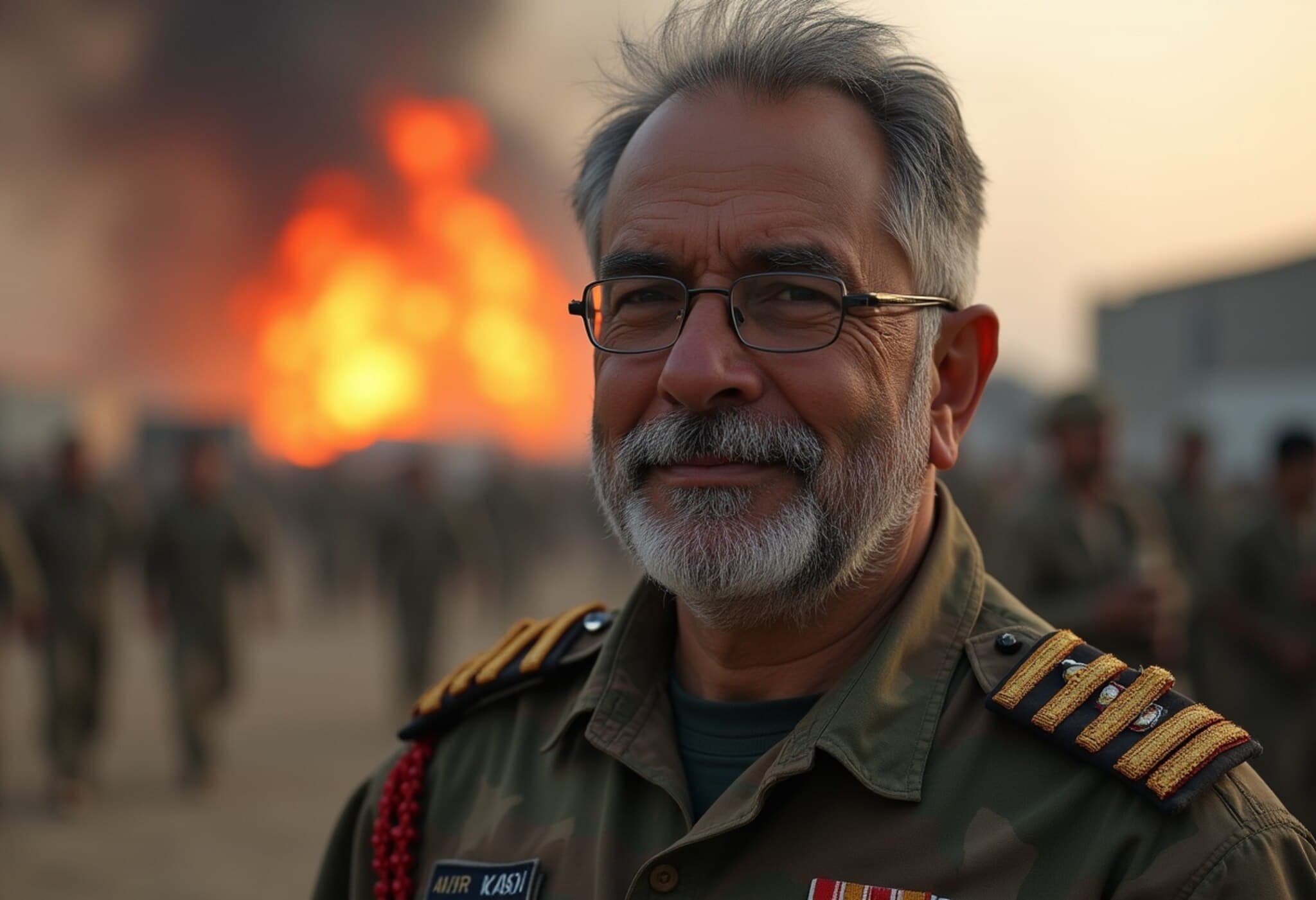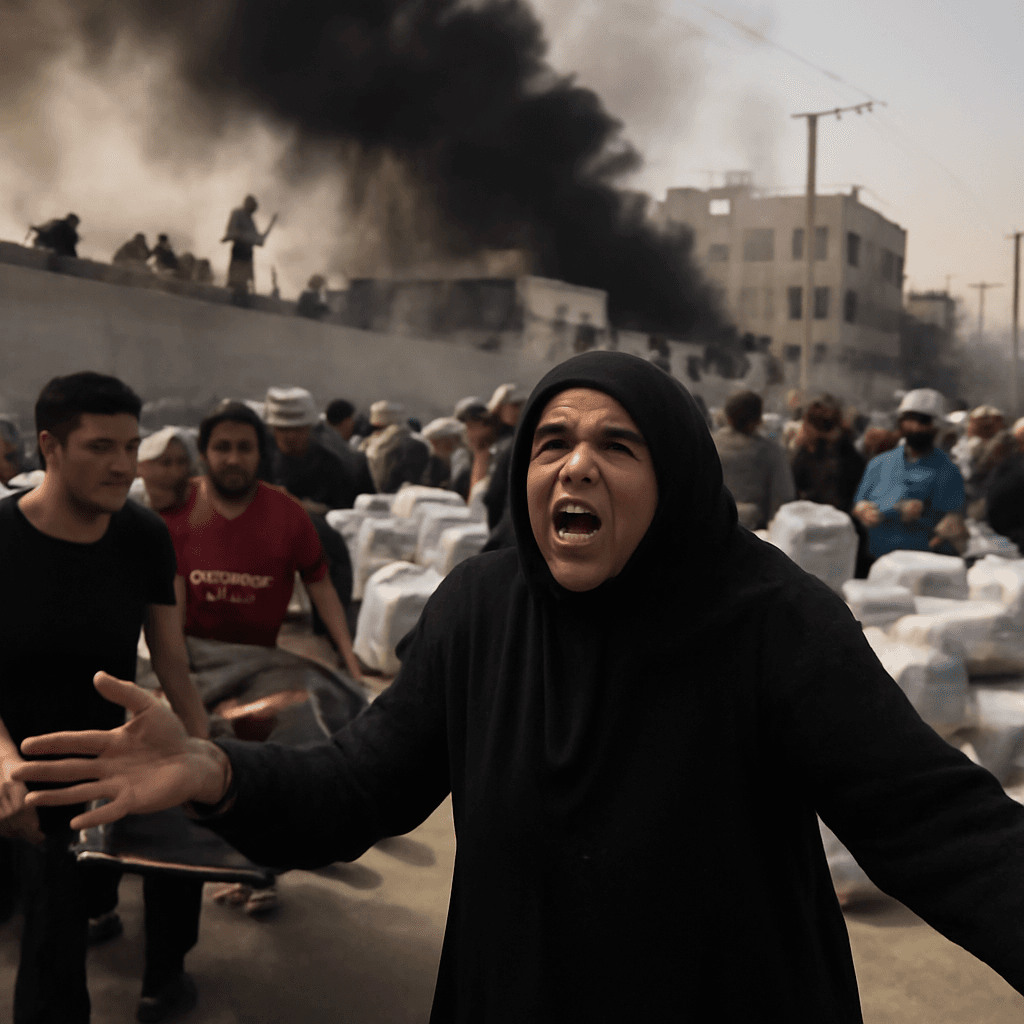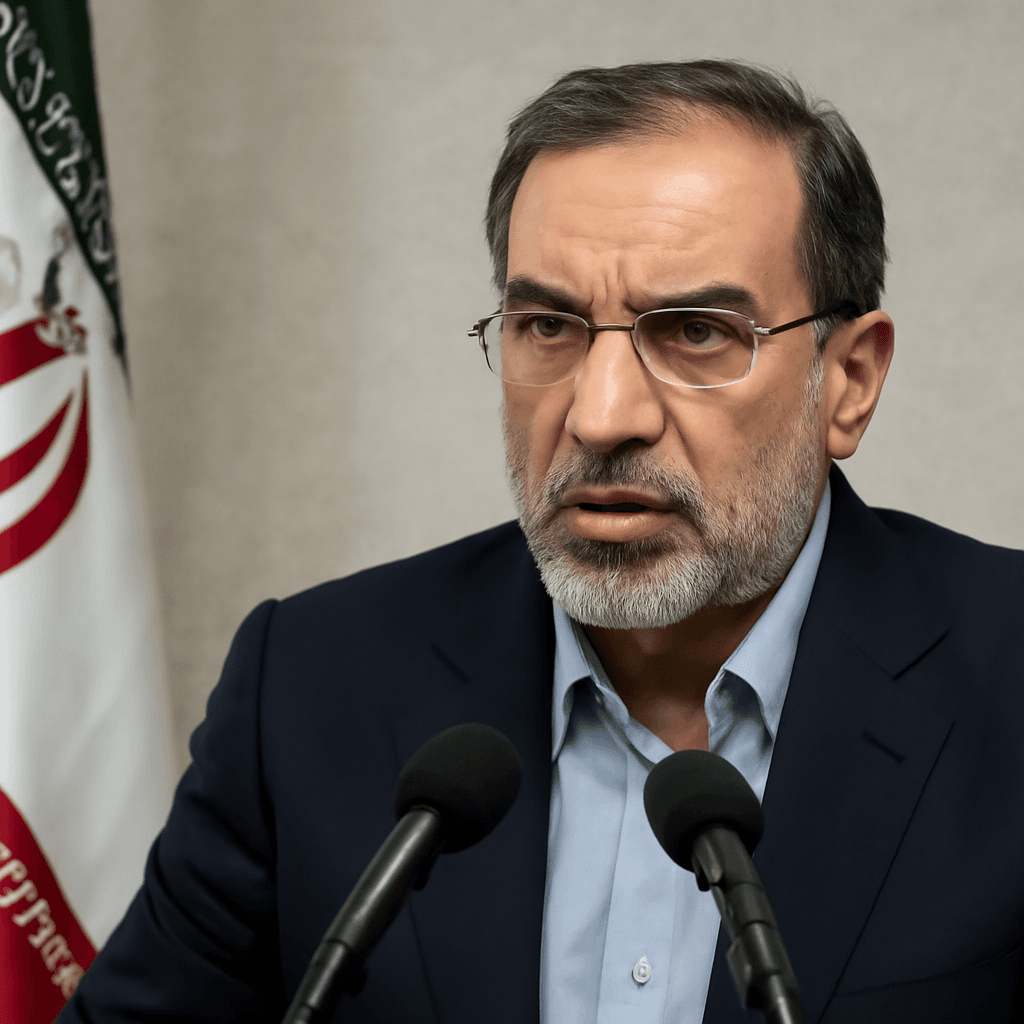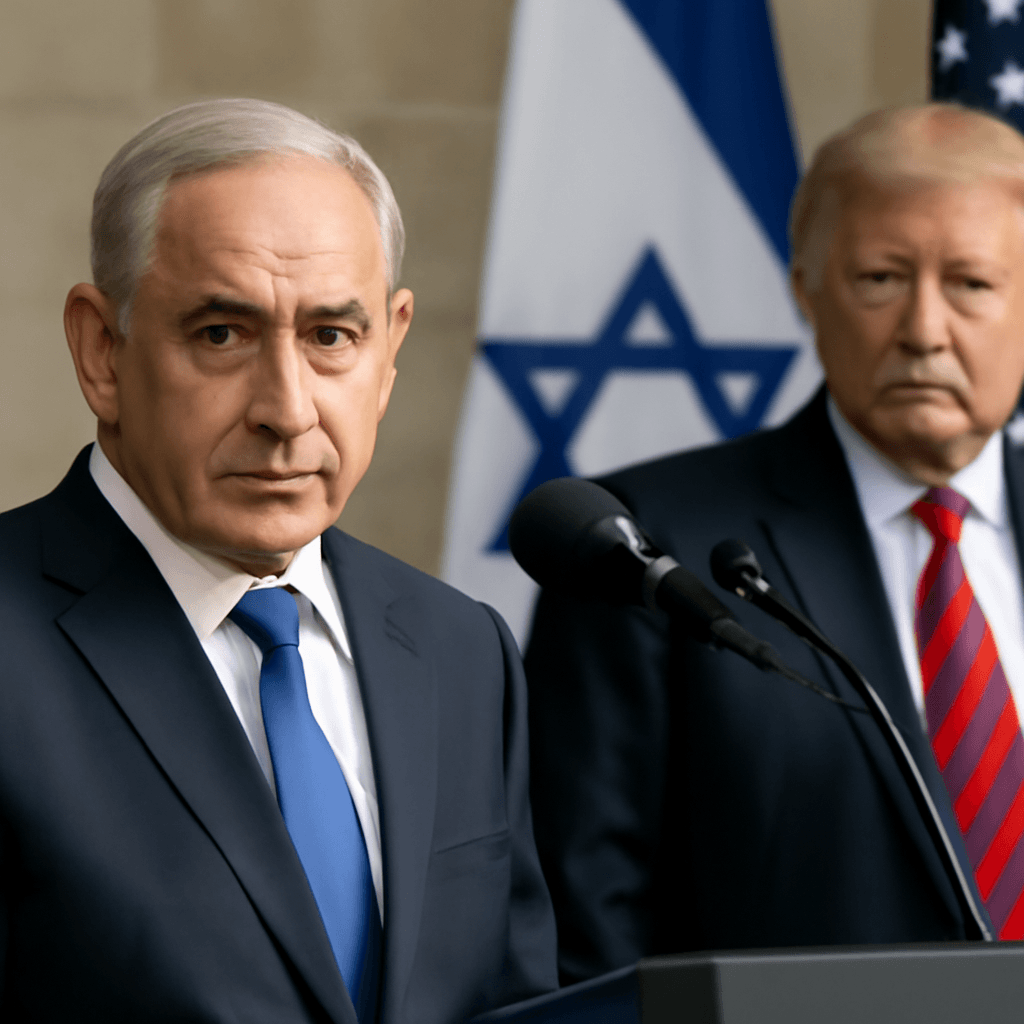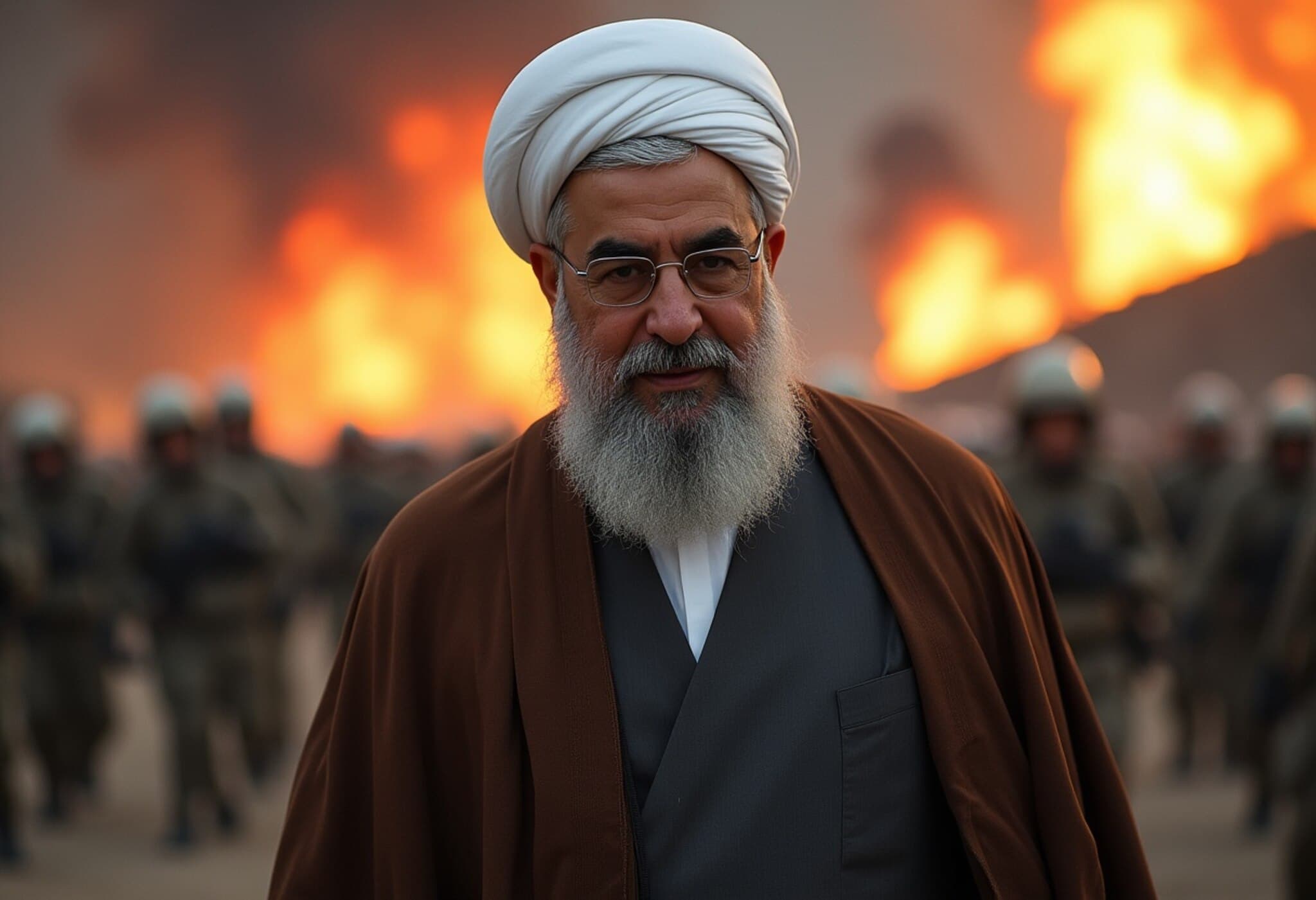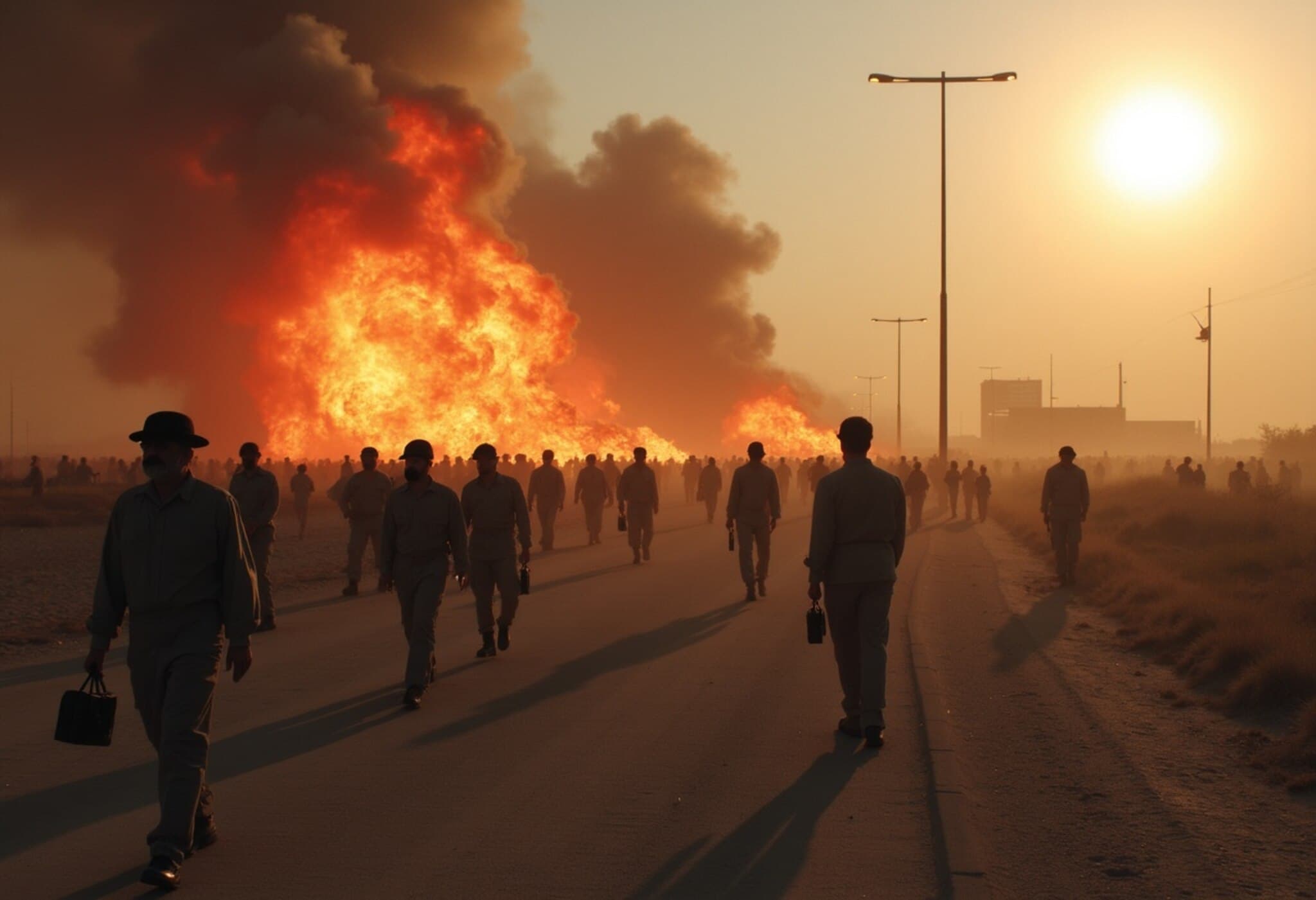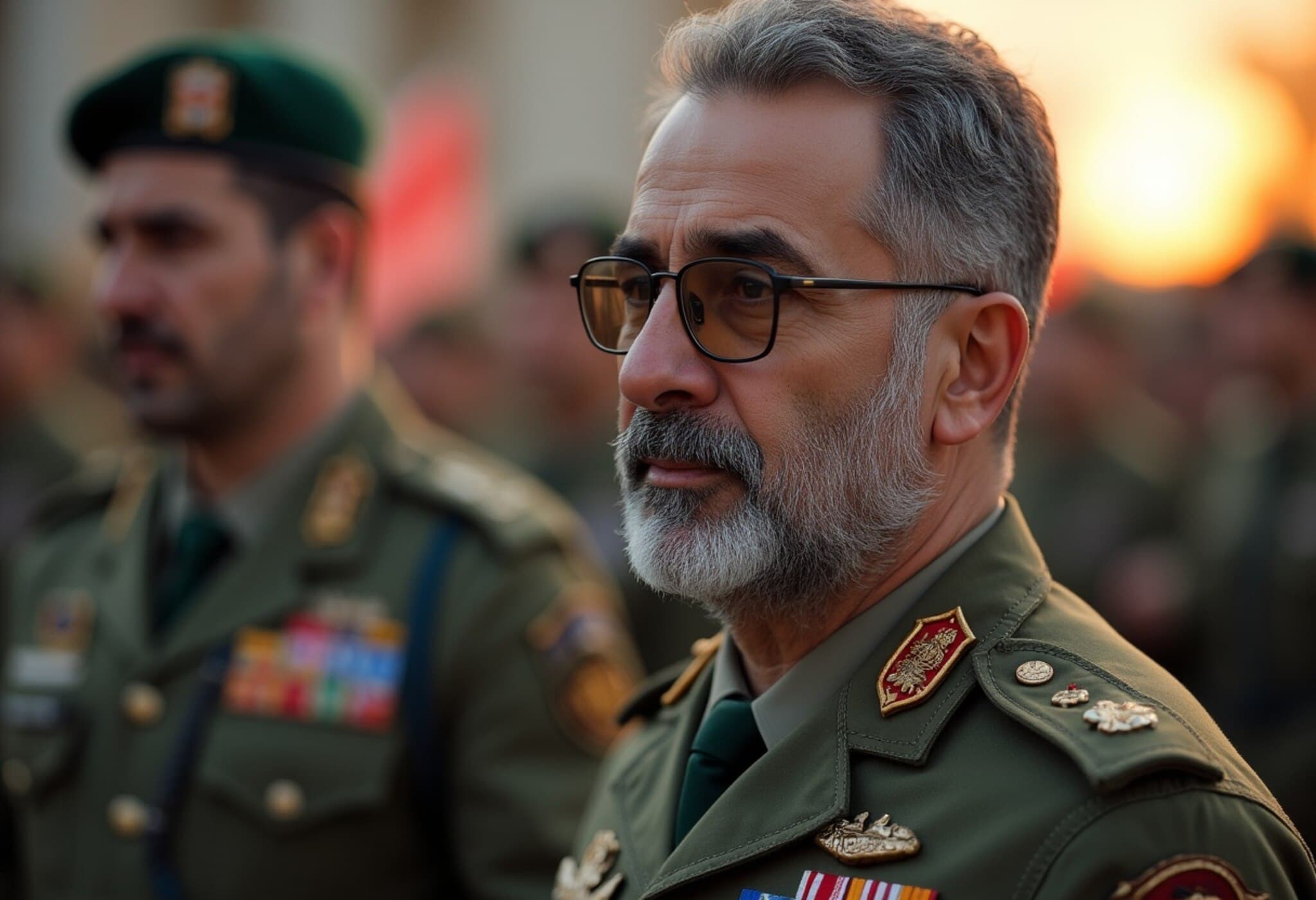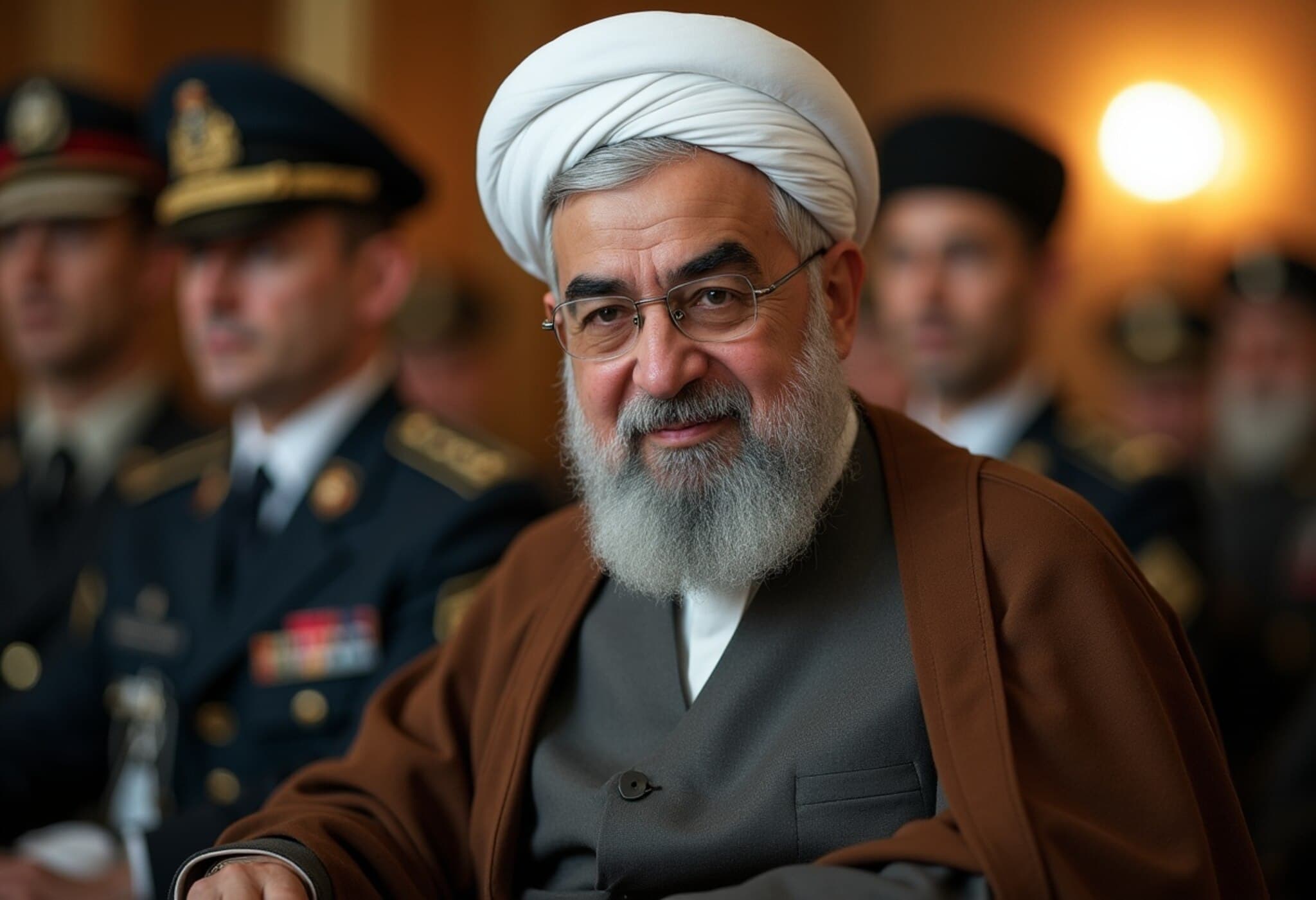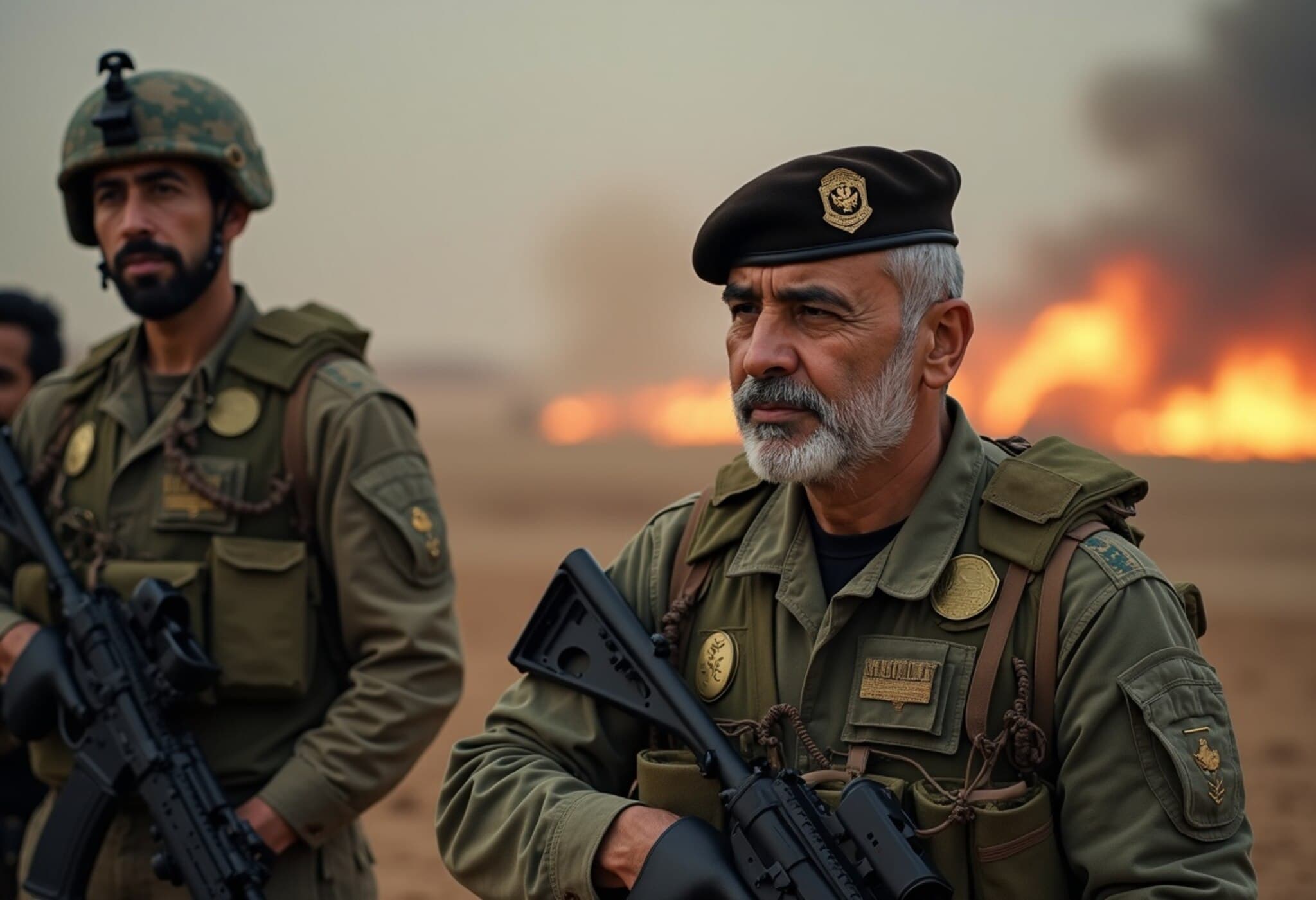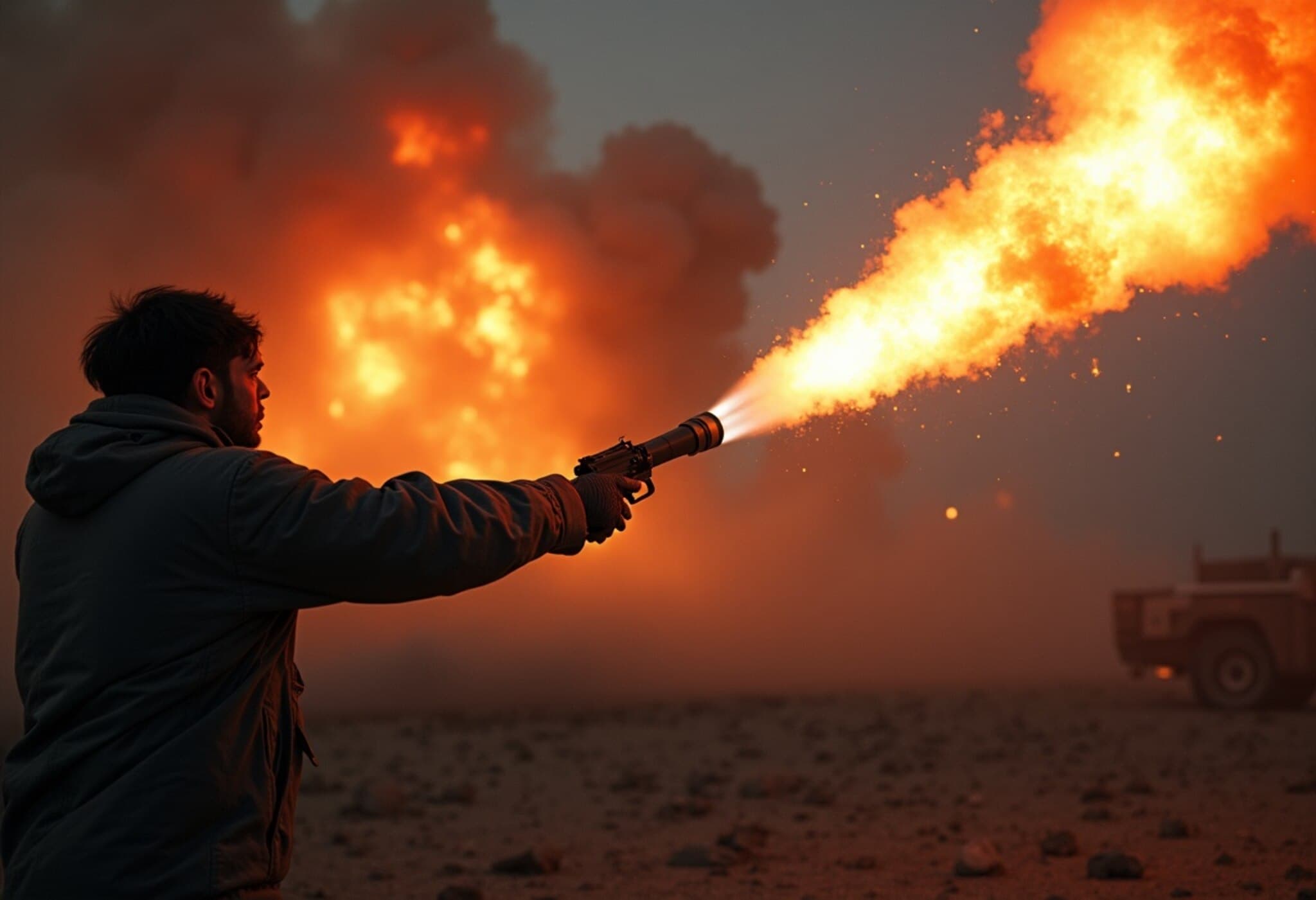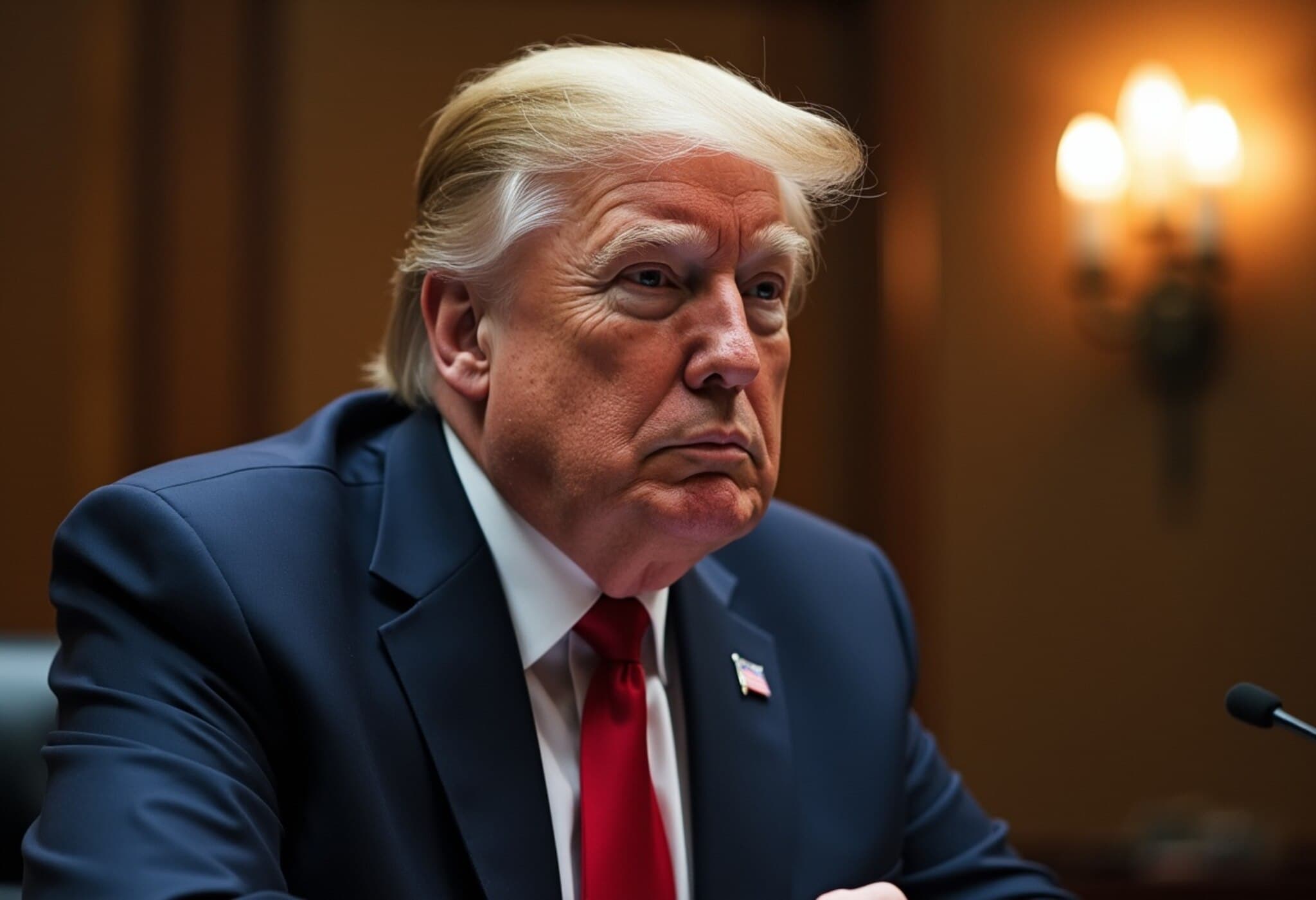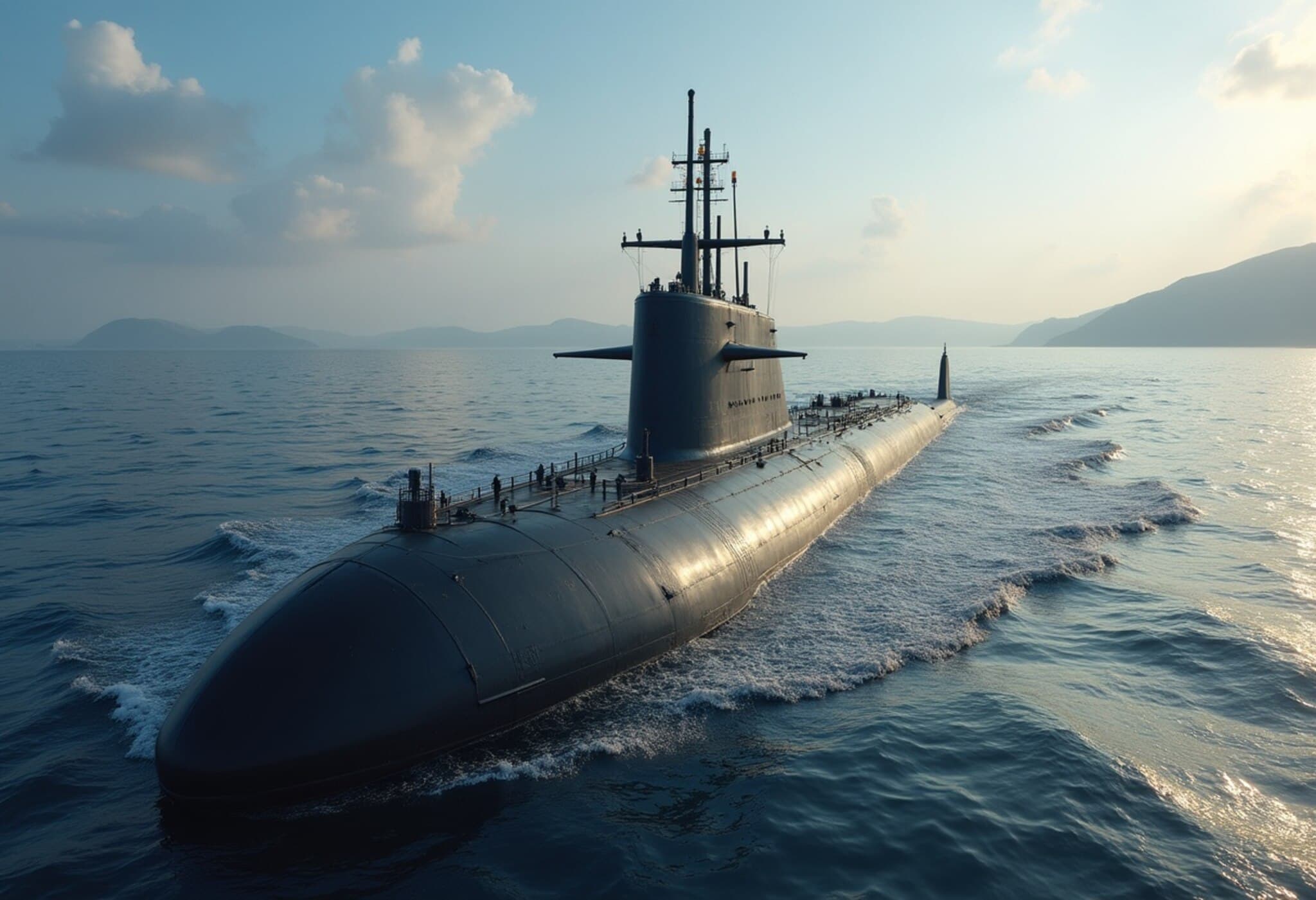Israeli Strikes Target Iran's Nuclear and Military Leadership
On Friday, a series of precision Israeli strikes struck deeply within Iran's military and nuclear infrastructure, resulting in the deaths of several top commanders and six prominent nuclear scientists. These targeted assaults focused on key nuclear facilities, ballistic missile factories, and command centers aimed at halting Tehran’s progress toward developing nuclear weapons.
Who Were the Key Figures Lost?
The losses to Iran’s military and scientific elite are significant. Here is a breakdown of the notable individuals reported killed in the strikes:
- Hossein Salami: Born in 1960, Salami was the commander-in-chief of the Islamic Revolutionary Guard Corps (IRGC), Iran's elite military force. Appointed by Supreme Leader Ayatollah Ali Khamenei in 2019, Salami played a central role in shaping Iran's defense strategy.
- Mohammad Bagheri: Another pivotal figure born in 1960, Bagheri served as chief of staff of Iran's armed forces since 2016. A veteran of the Iran-Iraq war during the 1980s, he held a key leadership position within the IRGC.
- Gholamali Rashid: Major General Rashid headed the Khatam al Anbia headquarters of the IRGC. With prior experience as deputy chief of staff of the Iranian Armed Forces, he was also a veteran combatant from the 1980s conflict with Iraq.
- Fereydoun Abbasi-Davani: A hardline nuclear scientist, Abbasi led Iran's Atomic Energy Organization from 2011 to 2013 and later served as a member of parliament between 2020 and 2024.
- Mohammad Mehdi Tehranchi: A respected nuclear scientist and academic, Tehranchi served as the head of Iran's Islamic Azad University in Tehran.
- Other Scientists: The strikes also claimed the lives of four additional nuclear scientists—Abdolhamid Manouchehr, Ahmad Reza Zolfaghari, Amirhossein Feghi, and Motalibizadeh—underscoring the scientific toll of the operation.
Implications of the Operation
These targeted strikes demonstrate a clear intent to severely disrupt Iran's nuclear ambitions by eliminating both its scientific talent and military leadership. The deaths of key IRGC commanders and nuclear experts deliver a strategic blow to Iran’s capabilities, raising tensions in the region amid ongoing concerns over nuclear proliferation.
As the regional dynamics shift, the world watches closely how Tehran responds to these losses, which may reshape Iran’s military and scientific trajectory in the coming months.

